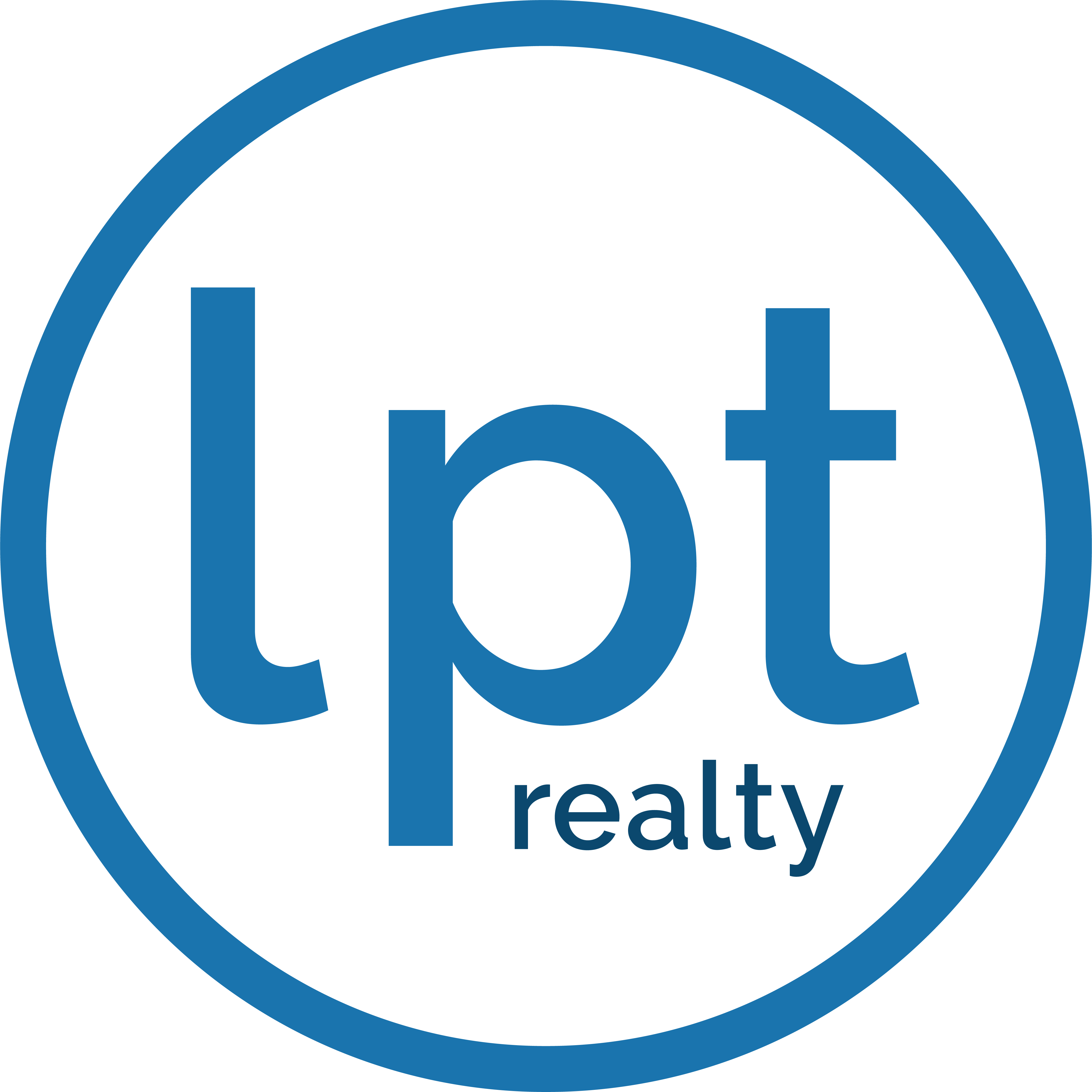Blog > How do I calculate the equity in my home?
As a homeowner, one of your largest assets is likely under your own roof - your home's equity. It's essential to understand how to calculate this equity, whether you're thinking of selling, refinancing your mortgage, or simply curious about your financial standing.
Home equity is the difference between the current market value of your home and the outstanding balance on your mortgage. In essence, it's the portion of your property that you actually 'own' outright. Knowing the amount of equity in your home can significantly impact your financial decisions, lifestyle choices, and future plans.
So, how can you determine how much equity you have in your home?
Start by determining the current market value of your home. This can be done by getting a professional appraisal, or by comparing recent sale prices of similar homes in your neighborhood. Online real estate platforms also provide estimated home values that can give you a rough idea.
Next, subtract the outstanding balance of your mortgage from the current market value. Remember, this should include any other liens on the property, such as a home equity line of credit. The figure you get is your home's equity.
E.g., if your home's current market value is $400,000 and you have $150,000 left to pay on your mortgage, your home equity is $250,000.
However, keep in mind that while equity can contribute towards your net worth, it isn't immediately accessible cash. To utilize this equity, homeowners typically either sell the house or borrow against the home’s equity through options like a home equity loan or a home equity line of credit.
Understanding your home's equity can empower you to make smarter financial and lifestyle decisions. For sellers, knowing how much equity you have can influence your asking price and the timing of your sale. If you're considering a refinancing route for your mortgage, your equity amount can impact the terms and rates you qualify for.
In conclusion, knowing your home equity is integral when considering your financial health. It can be a powerful tool in your portfolio, helping you make well-informed decisions about your property, mortgage, and overall lifestyle.
GET MORE INFORMATION



